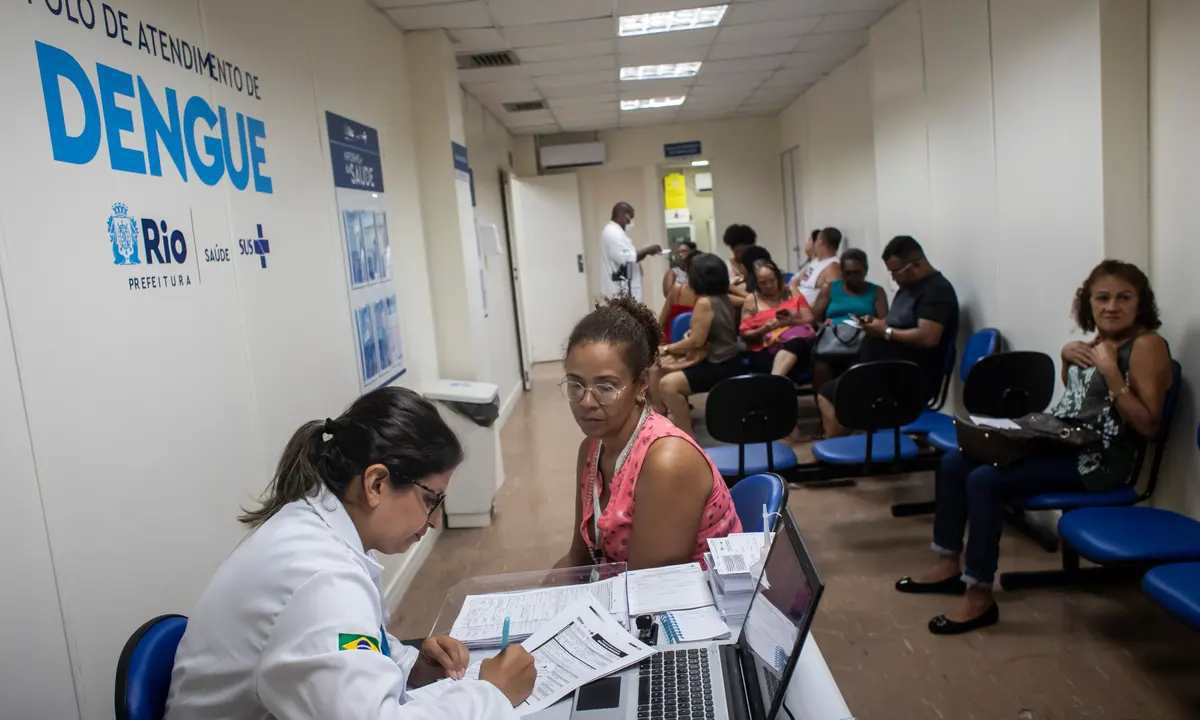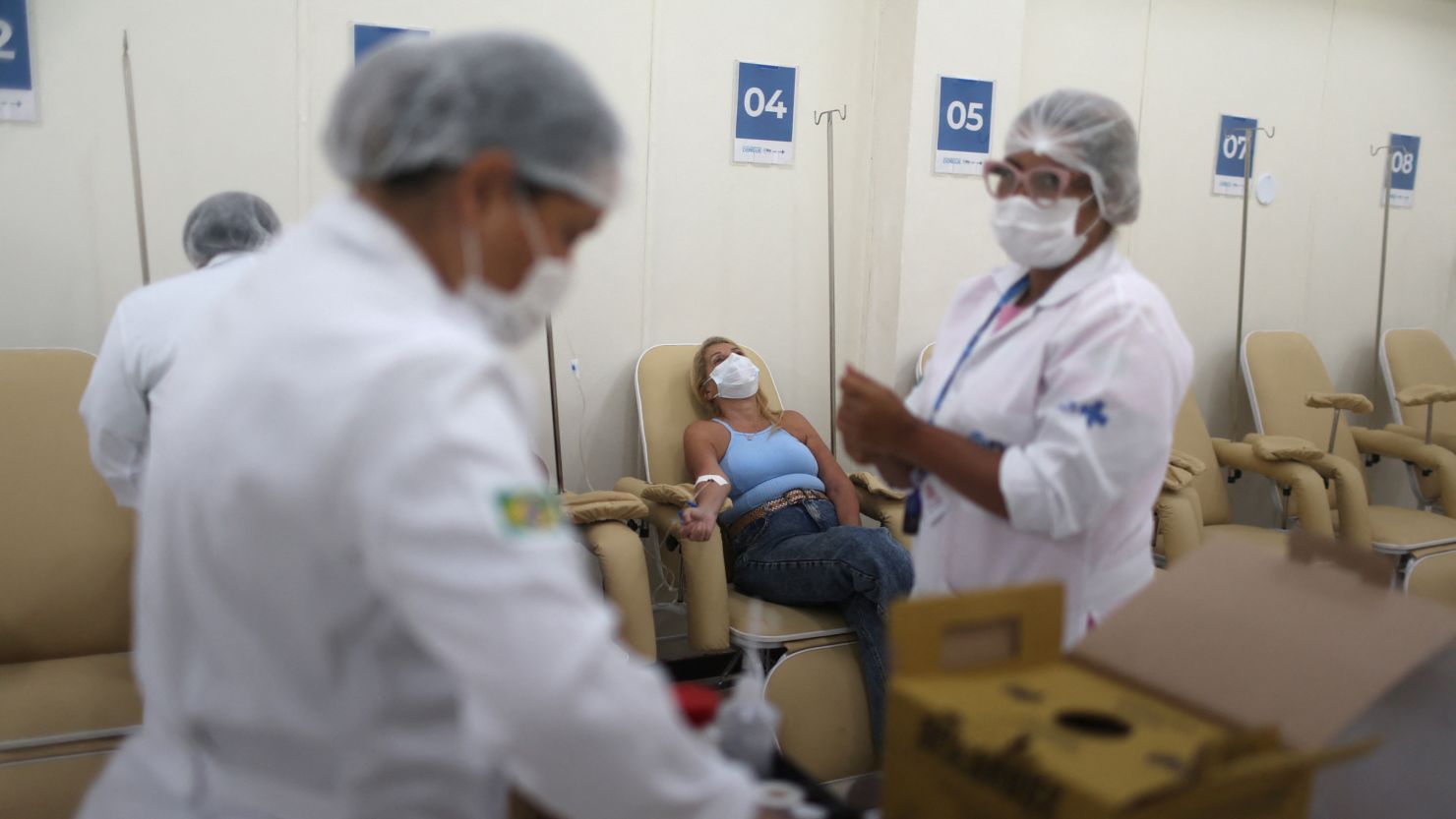The authorities in Rio de Janeiro, Brazil, have declared a health emergency as they work to contain the spread of dengue fever.
Cases of the mosquito-borne disease quadrupled in Brazil in January compared to the same month last year.
Rio alone has reported 10,000 cases so far this year, a significant increase from the 23,000 cases recorded for the entire year of 2023.
Dengue fever symptoms include fever, severe headache, pain behind the eyes, muscle and joint pain, and a blotchy rash.
While Brazil approved a dengue vaccine developed by the Japanese company Takeda last year, its distribution remains limited.
Eder Gatti from Brazil’s health ministry noted that the public health service has received only a limited number of doses from the Japanese laboratory.
As a result, the government plans to prioritize large municipalities with high transmission rates of dengue.

In response to the escalating situation, Rio’s city hall announced the opening of 10 treatment centers for dengue patients.
Daniel Soranz, the city’s health secretary, emphasized the importance of early treatment in reducing the number of severe cases and fatalities from the infection.
Health officials have advised the public to take preventive measures against mosquito bites by applying repellent.
Brazil’s Health Minister Nísia Trindade urged residents to check their homes and eliminate any stagnant water, which serves as breeding grounds for the mosquitoes that transmit dengue.
In addition to Rio de Janeiro, other regions in Brazil, including the federal district and the states of Minas Gerais, Acre, and Goiás, have also declared health emergencies due to the surge in dengue cases.
Fabio Baccheretti, the health secretary of Minas Gerais, attributed the rapid spread of the viral infection to record high temperatures at the end of last year, exacerbated by the El Niño phenomenon.
The dengue outbreak is not limited to Brazil; neighboring Argentina has also reported a significant increase in dengue cases.
